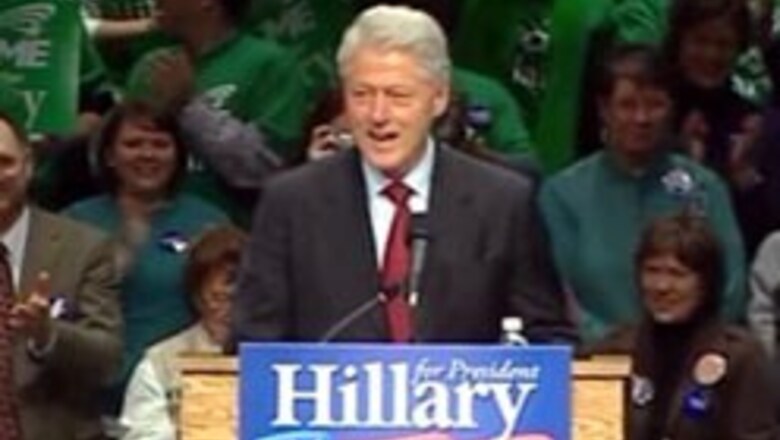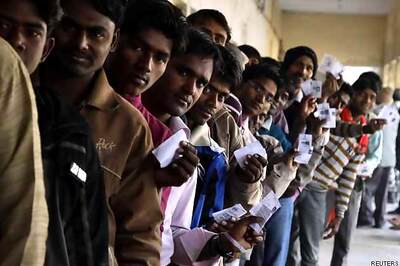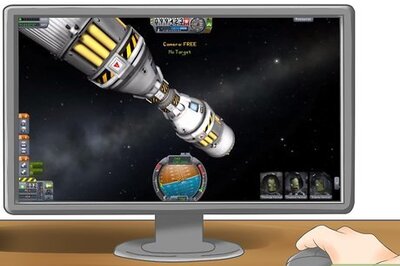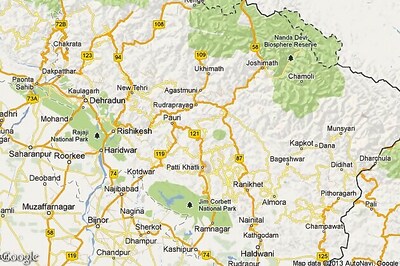
views
New Delhi: The Democratic Party supports the nuclear deal and if the Indian Government wants to revisit it the US can do so, former president Bill Clinton said on Thursday in an apparent bid to allay fears in India about the deal's fate should the Democrats come to power.
"From greenhouse emissions point of view, it's a good deal as long as you take care of nuclear waste and other areas related to uranium mining," said Clinton while speaking via video conferencing at the India Today Conclave in New Delhi.
Underlining strong bipartisan consensus for the deal in his country, he said the US has a made "a decision across parties to build strategic partnership with India in the 21st century".
"The deal could have been stronger on the "non-proliferation side", Clinton replied when asked what portions of the deal he would have liked to change if he were the president.
"We did not want to give the Chinese an excuse to develop nuclear weapons," Clinton replied when asked why such a deal could not be reached during his tenure as the president between 1992 to 2000.
"The agreement should be supported. There's a strong level of trust between India and the US. The US would be willing should Indians wish to revisit some provisions of the deal," Clinton said when asked whether a Democratic Party administration would like to renegotiate the deal if they come to power next year.
Clinton's wife Hillary is a frontrunner for the Democratic nomination for the presidential elections, to be held later this year.
During a recent visit to India, Senator Joe Biden, chairman of the Senate Foreign Relations Committee and a Democrat, said the deal might be renegotiated should the Democrats come to power.
There are anxieties in India that the deal may have to be renegotiated under a Democratic Party dispensation.
Clinton, a strong votary of the Comprehensive Test Ban Treaty (CTBT), lauded India's non-proliferation credentials.
"India has not been suspected of transferring nuclear devise or material to any other country. You have been completely honourable," he said in a response to a question.
"There is an enormous amount of support for rapprochement between the two countries. There are some in the Democratic Party who have questions about the details of the nuclear agreement," he said while alluding to reservations among a section of the Democratic Party, seen as hawkish on nuclear proliferation issues, about some aspects of the deal.
The nuclear deal is currently stuck in domestic politics in India as the Left allies of the government are opposed to the deal on grounds that it will make New Delhi subservient to the US strategic interests.




















Comments
0 comment